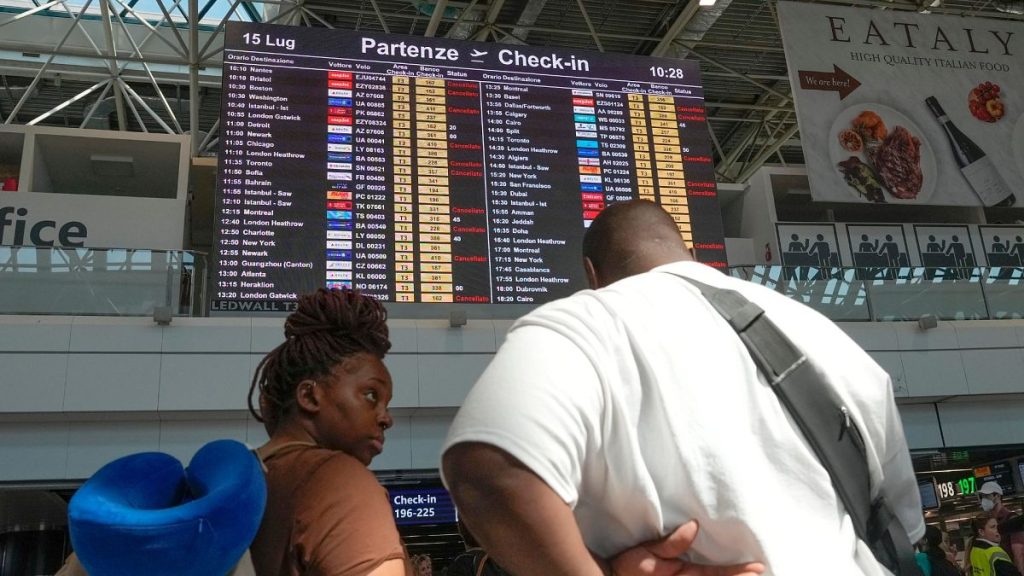European strikes are a common occurrence, with employees often withholding their labor to fight for better pay and conditions. These walkouts can be planned well in advance or announced last minute, so it’s important to stay informed before traveling. Our travel guide is frequently updated with information on the latest strikes in Europe, ensuring that travelers are prepared for any potential disruptions to their plans. In the event of a canceled or delayed flight or train, passengers are typically entitled to a new ticket or compensation, so it’s important to know your rights before setting off on your journey.
In the Netherlands, a public transport strike impacted the country’s biggest cities on September 11, a day earlier than originally planned. Workers were protesting for the inclusion of provisions in the Cabinet’s budget proposal that would allow those in physically demanding jobs to retire earlier. Although services in cities like Amsterdam, The Hague, and Rotterdam were affected, a court ruled that minimum train services must still operate between Schiphol Airport and Amsterdam Centraal during the rail strike for safety reasons. This strike highlights the importance of staying up to date with strike information to avoid any travel disruptions.
In Portugal, public transport workers at Carris, which operates Lisbon’s buses, trams, and funiculars, announced a strike for September 18. The strike was scheduled to begin at 10 pm the night before and end at midnight, unless called off following discussions with the transport operator. Despite the strike, minimum services for disabled individuals, safety, and emergency services were still maintained to ensure that essential services continued to operate. This strike serves as a reminder of the potential impact on public transportation services and the importance of planning accordingly when strikes are announced.
Italy also experienced a nationwide public transport strike on September 20, leading to potential delays and cancellations for passengers. Bus, tram, and commuter train operators throughout the country participated in the 24-hour strike to protest against pay and working conditions. The strike serves as a reminder that strike action can affect travel plans, and staying informed about potential disruptions is essential for travelers. While strikes can be disruptive, understanding your rights in the event of a canceled or delayed service can help alleviate some of the stress associated with travel disruptions.
Staying informed about strike action in Europe is crucial for travelers to avoid unexpected disruptions to their plans. By regularly checking our updated travel guide, passengers can stay ahead of the latest strike announcements and be prepared for any potential changes to their itinerary. Strikes can impact various modes of transportation, including flights, trains, and buses, so knowing your rights as a passenger is important in the event of a canceled or delayed service. If you have information about a significant strike happening in your area that we may have missed, we encourage you to contact us via Twitter so we can provide the most up-to-date information to fellow travelers.
Overall, strikes are a common occurrence in Europe, with employees frequently using this form of protest to advocate for better pay and working conditions. Whether strikes are planned well in advance or announced last minute, they can have a significant impact on public transportation services and travel plans. By staying informed about the latest strike information through our travel guide, passengers can better navigate potential disruptions and understand their rights in the event of a canceled or delayed service. Travelers are encouraged to plan ahead and stay updated on strike announcements to minimize the impact on their journeys.









